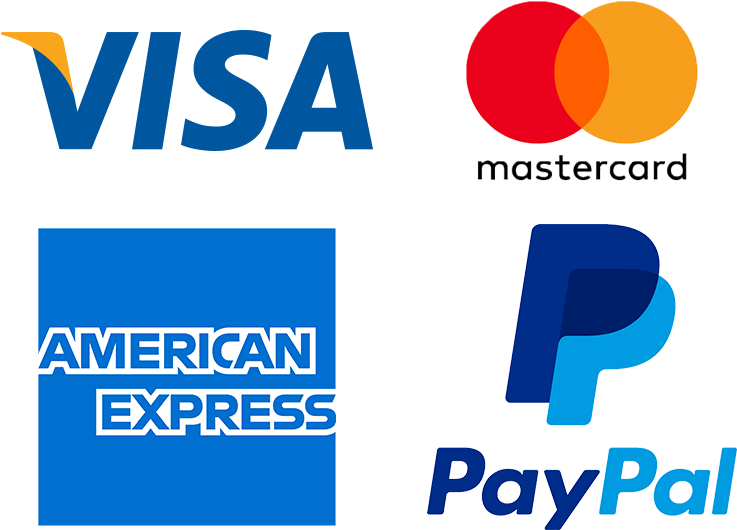1. There is an old industry joke that if you ask an accountant what is four plus four, she will tell you it’s whatever you want it to be. Explain what might be meant by this statement.
8. Comment on the statement that what a company’s income statement reveals is interesting, but what it conceals is vital.
12. Krispy Kreme was involved in an accounting fraud where the company reported false quarterly and annual earnings and falsely claimed that, as a result of those earnings, it had achieved what had become a prime benchmark of its historical performance; that is, reporting quarterly earnings per share that exceeded its previously announced EPS guidance by 1¢. One method used to report higher earnings was to ship two or three times more doughnuts to franchisees than ordered in order to meet monthly quotas. Would you characterize what Krispy Kreme did as earnings management? Explain.
16. The SEC’s new rules on posting financial information on social media sites such as Twitter means that companies can now tweet their earnings in 280 characters or less. What are the problems that may arise in using a social media platform to report key financial data, including the potential effects on shareholders and the company?
19. In the Enron case, the company eventually turned to “back-door” guaranteeing of the debt of Chewco, one of its SPEs, to satisfy equity investors. Assume that a $16 million loan agreement required that Enron stock should not fall below $40 per share. If the share price did decline below that trigger amount, either the loan would be called by the bank or the bank could choose to increase the guaranteed number of Enron shares based on the new price (assume $32). If the bank decides to increase the number of shares guaranteed, what would be (1) the original number of shares in the guarantee and (2) the new number of shares? Why would it be important from an accounting and ethical perspective for Enron to disclose information about the guarantee in its financial statements?

